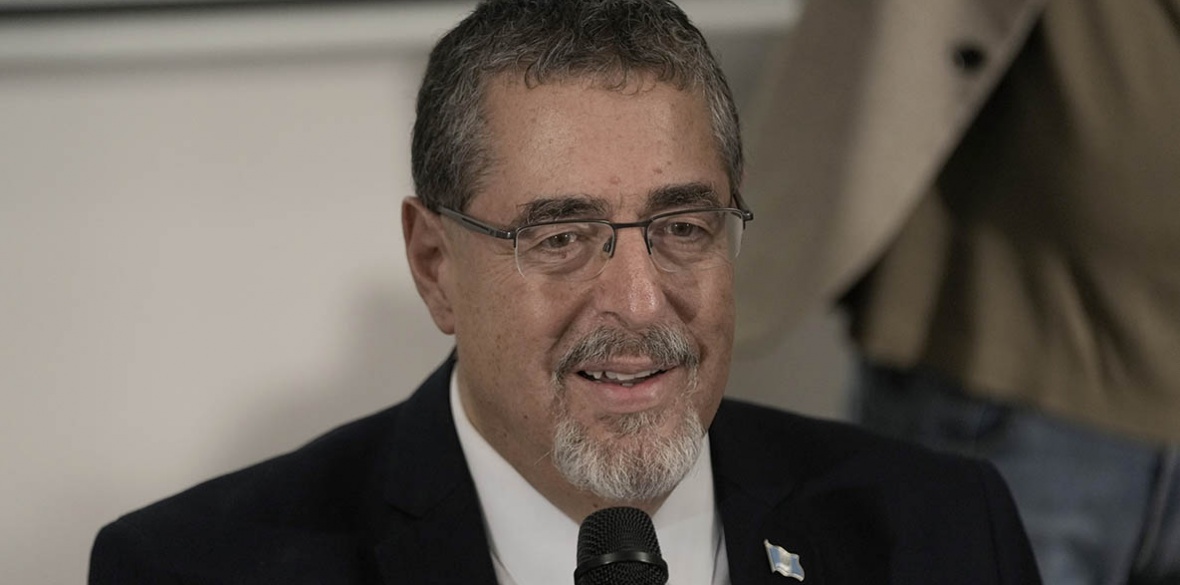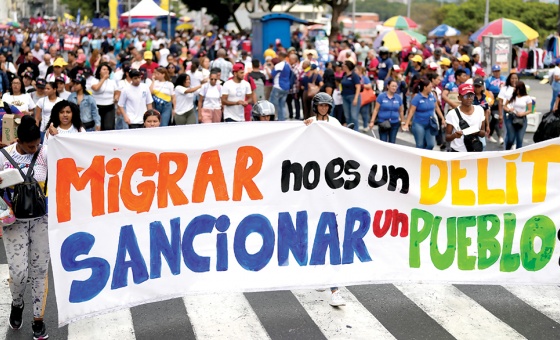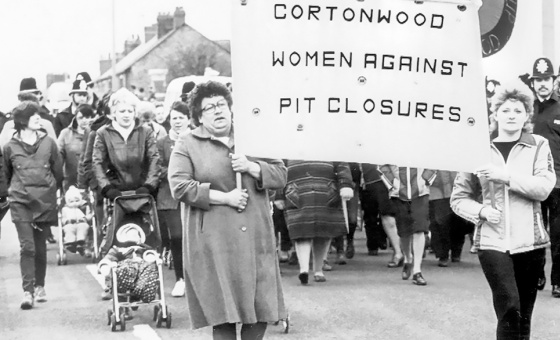This is the last article you can read this month
You can read more article this month
You can read more articles this month
Sorry your limit is up for this month
Reset on:
Please help support the Morning Star by subscribing here
BERNARDO AREVALO took Guatemala’s presidency by a landslide on Sunday.
The leftwinger was elected in what looks to be a reprimand for the right-wing governing elite of the country by a population that wants to see an end to widespread corruption in the Central American country.
Mr Arevalo garnered an impressive 58 per cent of the vote against 37 per cent won by former first lady Sandra Torres, who was making her third bid for the presidency.
But attention immediately turned to whether Mr Arevalo would be allowed to assume power as the Attorney General’s Office moved to suspend his party’s legal status.
Mr Arevalo said: “We know that there is a political persecution under way that is being carried out through the institutions and prosecutors’ offices and judges that have been corruptly co-opted.
“We want to think that the force of this victory is going to make it clear that there is no place for the attempts to derail the electoral process.”
“The Guatemalan people have spoken forcefully,” he said.
Mr Arevalo said outgoing president Alejandro Giammattei had congratulated him and said they would begin planning the transition as soon as the results were officially certified.
But Guatemalans still remember that an hour before the results from the first round of voting were certified last month, the Attorney General’s Office announced it was investigating the signatures gathered by Mr Arevalo’s Seed Movement party to register years earlier.
A judge briefly suspended the party’s legal status before a higher court intervened.
A big question remains as to how Guatemalans would react to any actions by the authorities that go against the will of the voters.
Supporter Alec Escobar celebrated Mr Arevalo’s victory but said he knew difficult days lie ahead.
Even if Ms Torres or others do not accept the result, and the attorney general moves against the Seed Movement, Mr Escobar said he and other young people who formed Mr Arevalo’s base of support were ready to take action.
“Just like we protected the first electoral round, we are going to protect the country’s democracy,” he said.
Mr Arevalo may well be expecting moves similar to that experienced by Peru’s president Pedro Castillo.
After allegations of corruption and the undermining of his legislative agenda, Mr Castillo was ousted from office in December and his vice-president Dina Boluarte installed as his replacement.









